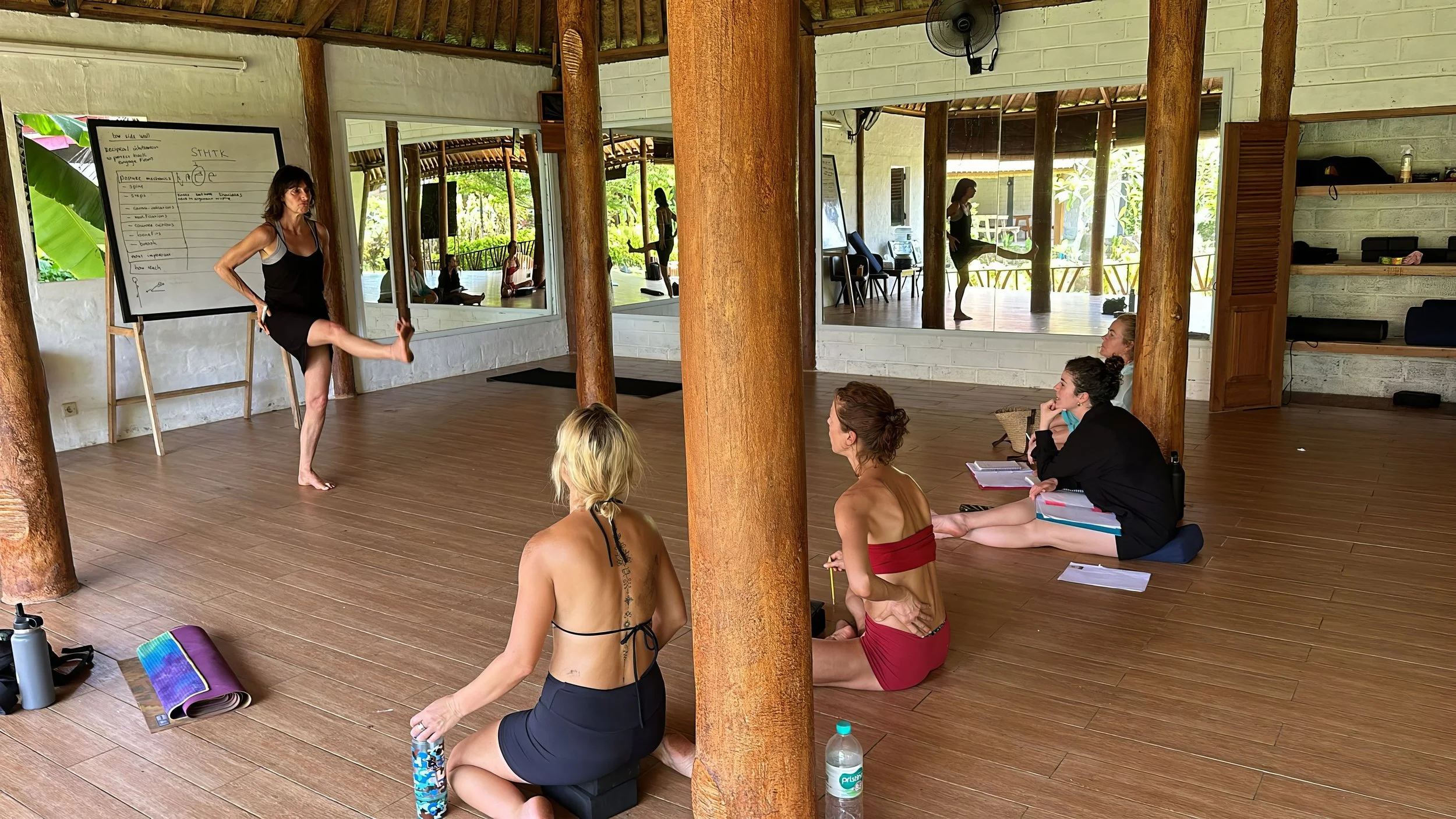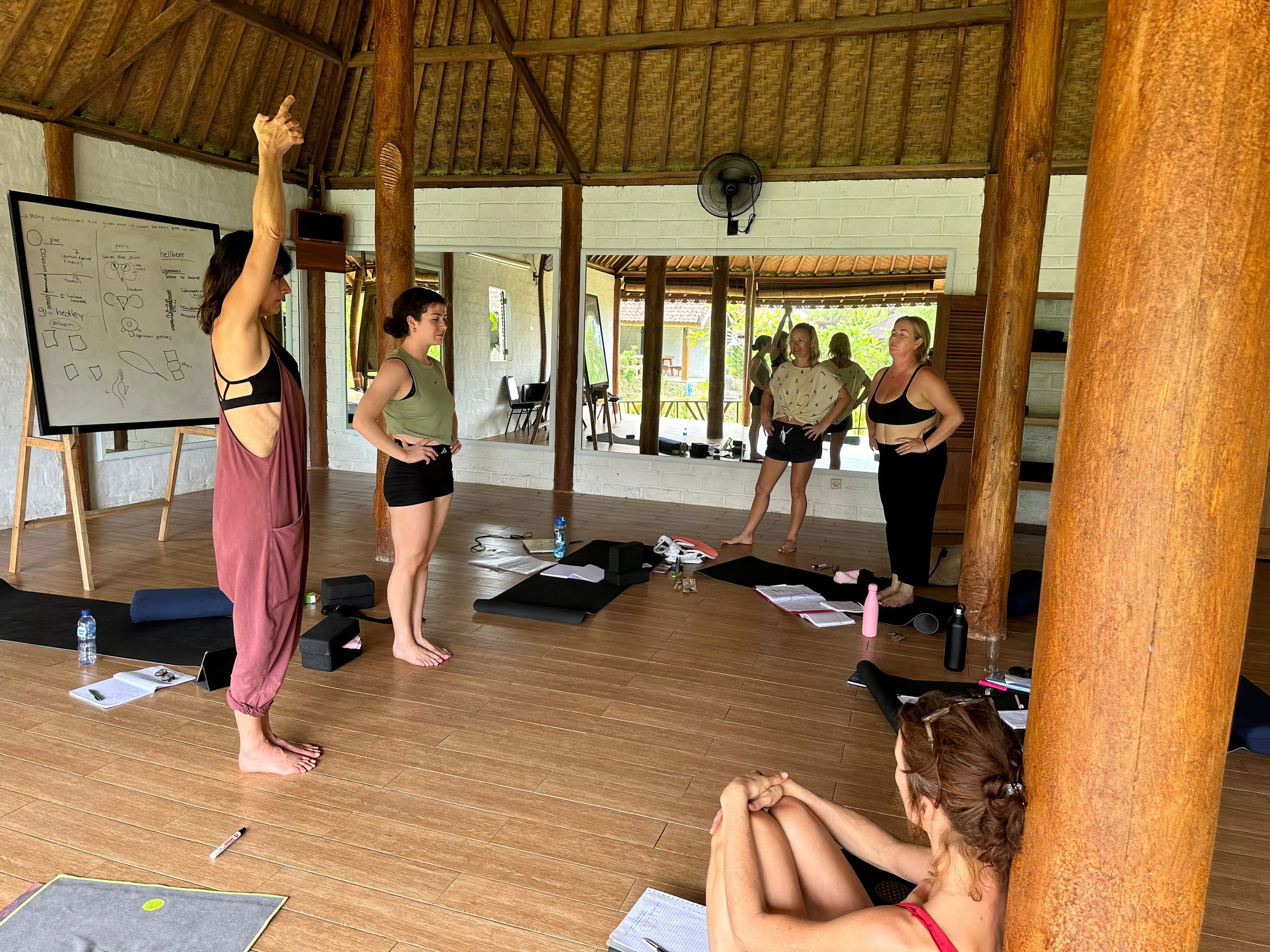Insurance Essentials for Yoga Instructors On and Off the Mat
Yoga has become a widespread practice for individuals seeking holistic well-being. For yoga instructors, the journey involves guiding students through poses and navigating the business side of teaching. This article will delve into the insurance essentials that every yoga instructor should consider—both on and off the mat—to ensure a well-protected and thriving yoga practice.
The Foundation: Liability Insurance
Liability insurance is the bedrock of protection for yoga instructors. In the realm of yoga, where physical movement and mindfulness intertwine, the risk of injury is inherent. Whether you teach in a studio or gym or offer private sessions, having yoga teacher insurance is non-negotiable. This insurance type covers bodily injury or property damage claims that may arise during your classes. When selecting liability insurance, consider coverage limits that align with the scale of your yoga instruction business. Adequate coverage ensures that legal expenses, medical bills, or settlement costs are handled in case a student sustains an injury during your class. Additionally, it's crucial to understand whether your liability insurance extends to off-site courses or events, such as yoga retreats or workshops.
Protecting Your Studio or Workspace
Property insurance is a fundamental necessity for yoga instructors who own or operate a studio space. This insurance protects your studio against unforeseen events like fire, theft, or natural disasters. Your studio is not just a space; it's an investment, and property insurance protects your investment from potential financial setbacks. In the event of a covered loss, such as a fire that renders your studio temporarily unusable, business interruption coverage becomes invaluable. This insurance helps cover the lost income when your studio is non-operational. For yoga instructors who rely on their studio as their primary source of income, business interruption coverage provides a safety net during challenging times.
Beyond Physical Spaces: Professional Liability Insurance
Professional liability insurance, often called malpractice insurance, addresses claims related to professional negligence. For yoga instructors, this could involve allegations of improper instruction leading to injury or negligence in providing adequate supervision during a class. Professional liability coverage should be tailored to the specific nuances of yoga instruction. As a yoga instructor, you may want coverage for claims related to physical adjustments, advice on holistic health practices, or even allegations of emotional distress. Working closely with an insurance professional to customize your coverage ensures that your unique risks are adequately addressed.
Insuring Your Equipment and Business Assets
Yoga instructors often invest in specialized equipment, such as mats, blocks, straps, and possibly even technology for virtual classes. Insuring these business assets is essential to mitigate the financial impact of theft, damage, or loss. Whether you teach in a studio or gym or conduct classes outdoors, having coverage for your equipment ensures that your teaching tools are protected. Yoga instructors are known for their adaptability, conducting courses in various locations, including parks, beaches, or clients' homes. Portable business insurance is designed for professionals who don't operate from a fixed location. This coverage protects your equipment and business assets regardless of where you conduct your classes, offering peace of mind and flexibility.
In the journey of yoga instruction, where mind, body, and spirit converge, a holistic approach extends to protecting your business and personal well-being. Insurance is not just a legal requirement; it's a proactive step toward ensuring the sustainability and growth of your yoga instruction venture. By addressing the various facets of insurance—from liability and property protection to health coverage and employee practices liability—you create a comprehensive safety net that allows you to focus on what you do best: guiding others on their yoga journey, both on and off the mat.


